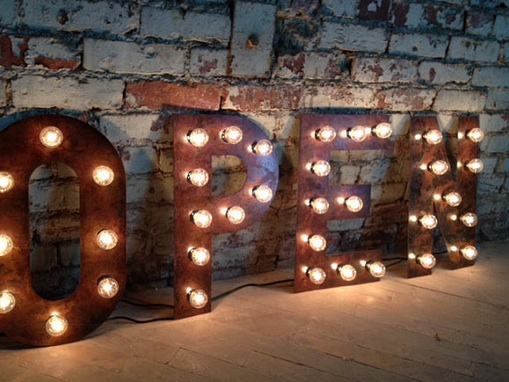story by Jonathon Sciola
There is a reason Melbourne, Australia, hosted the 2013 World Barista Championships — primarily, the city is home to a growing number of some of the world’s best coffee shops. Competing with these strong independents are a healthy number of chain shops, reflecting Australia’s infamously strong franchise sector.
Demonstrating the ferocity of competition among the city’s specialty coffee retailers is the fact that Starbucks, which has found success recreating its retail experience on nearly every other continent, announced the closing of some 80 percent of it Australian stores in 2008 after eight years of trying to break into the market. In this city, where most retail concepts fail and specialty coffee is abundant, you need more than great product, a great franchise or a great marketing mix. You need to be more reliable than the shop down the street — and the first step toward reliability is availability.
(more: Free Coffee, Anyone? Lessons From a Cross-Canada Chemex Tour)
In years past in Melbourne, a niche concept alone might have helped a cafe get off the ground, and it may have even been enough to create a sustainable long-term business. We’ve gone from Internet cafes to bookshop cafes to an entire new wave of cafes that only sell pour-over coffees. This kind of specialization and adaptation remains important.
Also consider the traditional “4 Ps” of marketing: Product, Price, Place and Promotion. As coffee shops come and go, we have collectively been refining this mix, creating and promoting an inviting physical space for consumers to enjoy quality “niche” products at a tested and sustainable price point. Constant reconsideration of this mix is also essential. Typically, it is believed that if you have the correct “mix” you’ll have a successful business. However, in these days of economic, political and environmental instability the marketing mix is simply not enough, especially as cup quality is improving in coffee shops from city centers to suburbs.
(more: Why Consumers Buy Ethically Sourced Coffee: A New Answer)
So what is one way to distinguish your business? Stay open. All. The. Time. While this may not be a feasible approach for some operators, it has been proven many times over that extending operating hours will increase sales, and more importantly, improve brand loyalty word-of-mouth promotion.
Open Holidays
It’s Christmas Day. No one else wants to work — especially your staff — and you’re open. Why? You don’t need the money? You need every café-hopping customer in Melbourne to know that you’re there for them. You’re an institution and you’re open for business. You are programming the minds of your customers to know they can rely on you. The growth from this strategy may not come in sales on Christmas Day; but it will come on the other 10 public holidays per year.
Open Mondays
Hospitality Day is well-known in Melbourne, as many cafes and restaurants close after the weekend. This obviously costs sales, while also sending potential customers to your competitors.
Open Early
This is an oldie but a goodie. Be more prepared for the early commute than your competitors. Loyalty among everyday commuters can provide consistency in sales, while only helping solidify your reputation as a reliable, everyday option.
Hours of operation is obviously a topic every coffee shop refines over time, and increased availability is only one strategy among the myriad you should be considering to help your shop grow among a sea of competitors.
Jonathon Sciola
Jonathon Sciola is a specialty coffee professional and business consultant in Melbourne. Formerly Jonathon worked for St. Ali and Sensory Lab coffee, overseeing and training 50 of the greatest cafes in Melbourne.
Comment
1 Comment
Comments are closed.







This is the heart of a genuine coffee connoisseur.